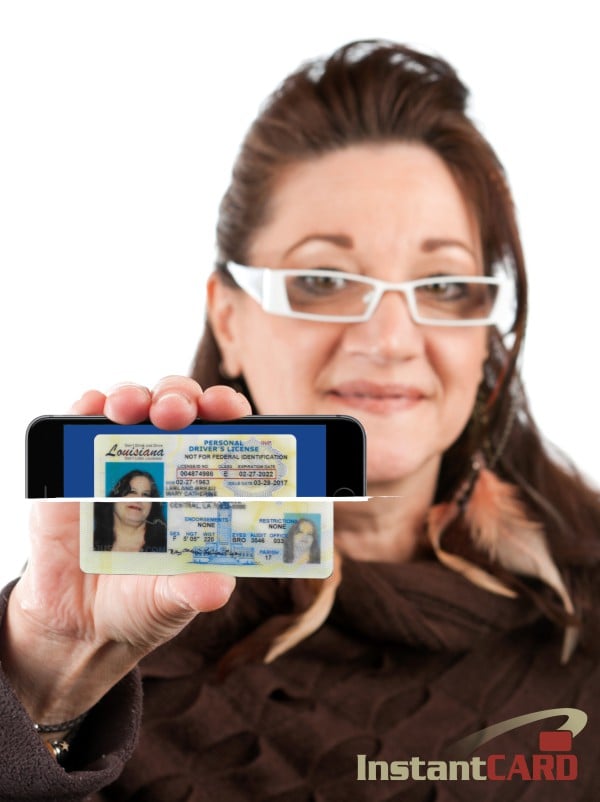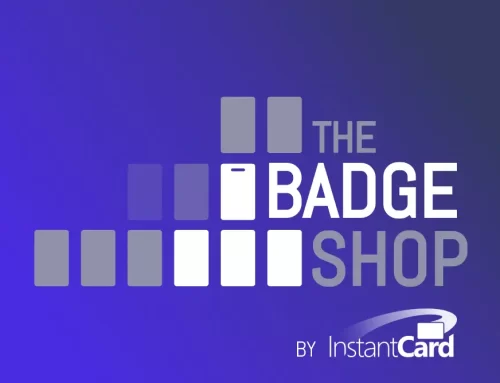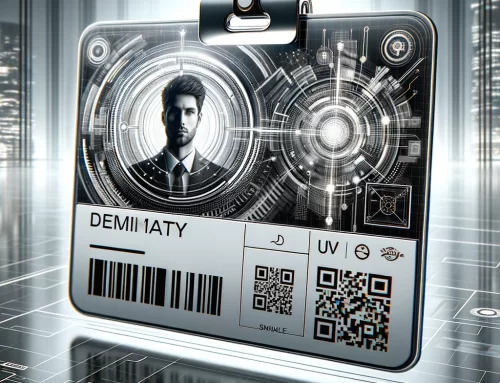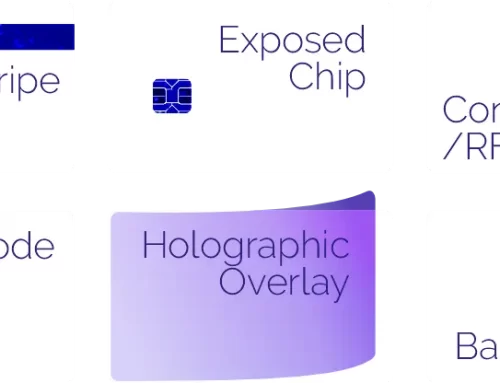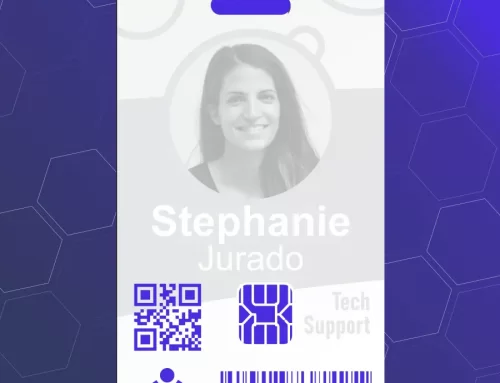Digital Driver’s Licenses
Louisiana is first in the race to a statewide digital license
While several states have been testing digital driver’s licenses, Louisiana was recently the first to make one available to every driver, statewide. The app, LA Wallet, is available on both iOS and Android. To prevent fraud, the app’s developer, Envoc, integrated a feature where the user can see the Louisiana states seal when they press and hold the on-screen image of their digital license.
You can read more about it here →
Or, if you’re curious as to how the app works,
you can watch the introductory video ↓

Our thoughts on digital IDs
As a company whose primary revenue comes from physical ID badges, we often get asked our views on when, or if, digital IDs will replace physical badges. Such questions make sense — just about everybody carries their phone with them wherever they go, so why not simply use that technology for secure identification? However, in the case of new digital driver licenses, it’s important to note that the app does not replace the driver’s physical license, but may be legally used in lieu of it. A Louisiana driver must first have a valid, physical license to use the app and their digital license.
At InstantCard, we have also developed digital apps and services to work with another of our physical badges (such as our Credential Verification Service). The possibilities afforded us by the mobile age are exciting, even though we do not think that phones will completely replace physical licenses and information cards anytime soon. In fact, we believe that the LA Wallet is a perfect example of mobile apps adding value to traditional ID cards. And, in that vein, here are a few reasons we think physical badges are here to stay.
They can be always “on”
Physical ID badges aren’t typically used like driver’s licenses. They aren’t usually kept in a wallet and shown only on occasion. Instead, they are typically worn by law enforcement or other professionals at the workplace when dealing with clients in the field. There are a few benefits to this, impacting both security and business:
- Clients are immediately put at ease that they are dealing with a professional. Customers typically find an employee more approachable when they see a name and picture on an employee ID badge.
- It is immediately, completely obvious whether or not a badge wearer has access to a given area or zone, without requiring them to pull out a phone.
- Names are immediately known at the workplace, making communication more effective.
Technology should be restricted in some places
In high security areas, or in workplaces with trade secrets, phones are often (and should be) prohibited. In these cases, for obvious reasons, mobile-based identity verification is not possible. Even if you need advanced functionality in these cases, it is important to note that a wide variety of smart card technologies are available. In such high security areas, multi-factor authentication is paramount. And that can be easily, inexpensively integrated into ID badges with no mobile devices.
Not everybody has a smartphone (and that’s OK)
Quite simply, not everybody has a smartphone. 23% of Americans don’t have a smartphone. Requiring employees to have smart devices might limit your pool of possible employees. There are a number of Americans who decline the use of smart devices for personal reasons; and, as this articles states, that should be OK.
Plastic ID badges don’t go dead
Simply put, you never need to worry about physical ID licenses and badges ceasing to function due to a dead battery, or an inadvertent collision with the pavement. Even smart cards’ microprocessors are powered by electromagnetic charges from the reader, and don’t require any internal power source.
We love technology and physical badges
In the end, we are excited to be part of all these new advances in identification technologies. And, we’re watching carefully to see how security features, such as those of LA Wallet, work in the long run. But, we’re confident that physical ID cards are here to stay — there are many great reasons for phones and cards to work together.

